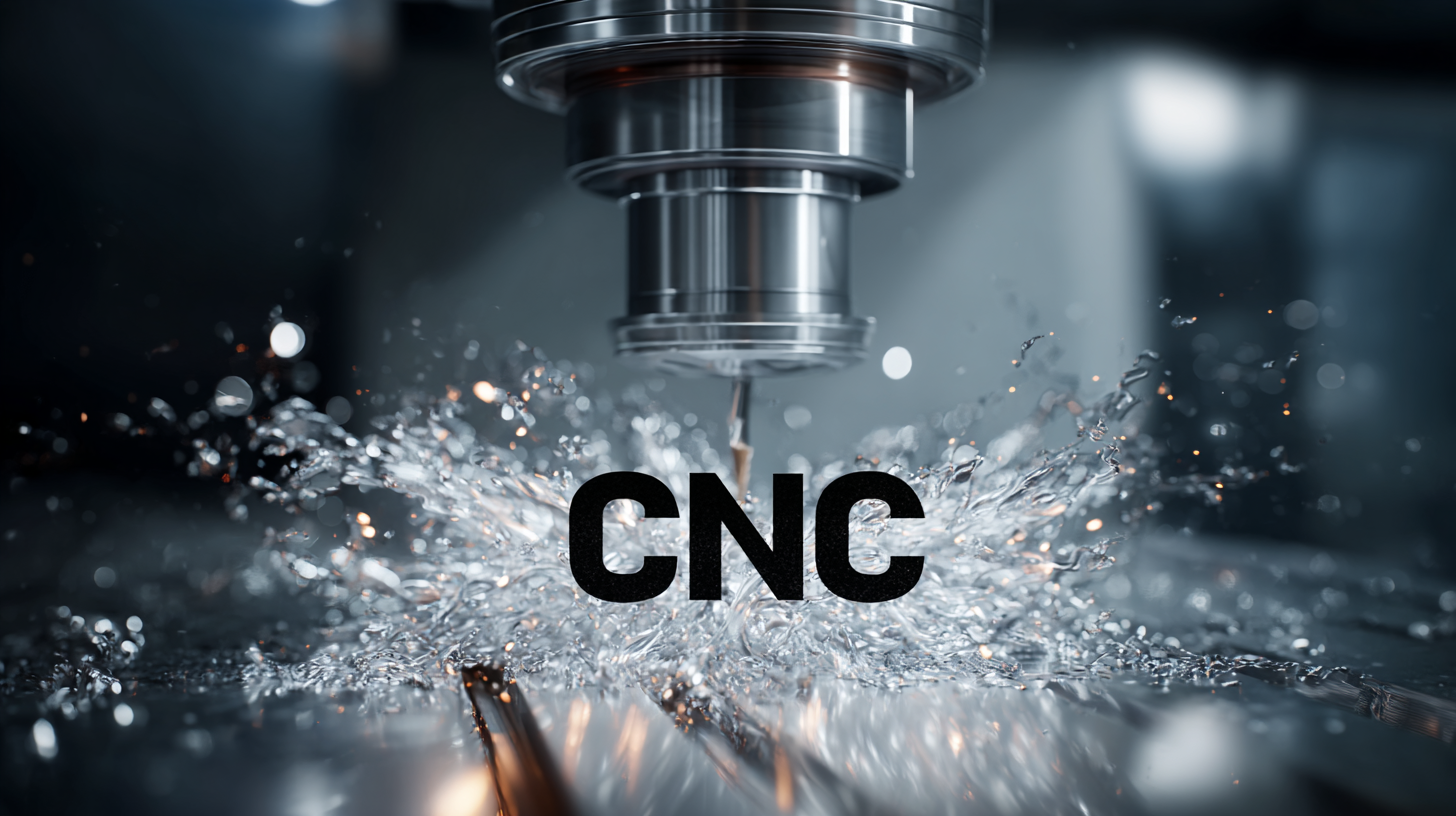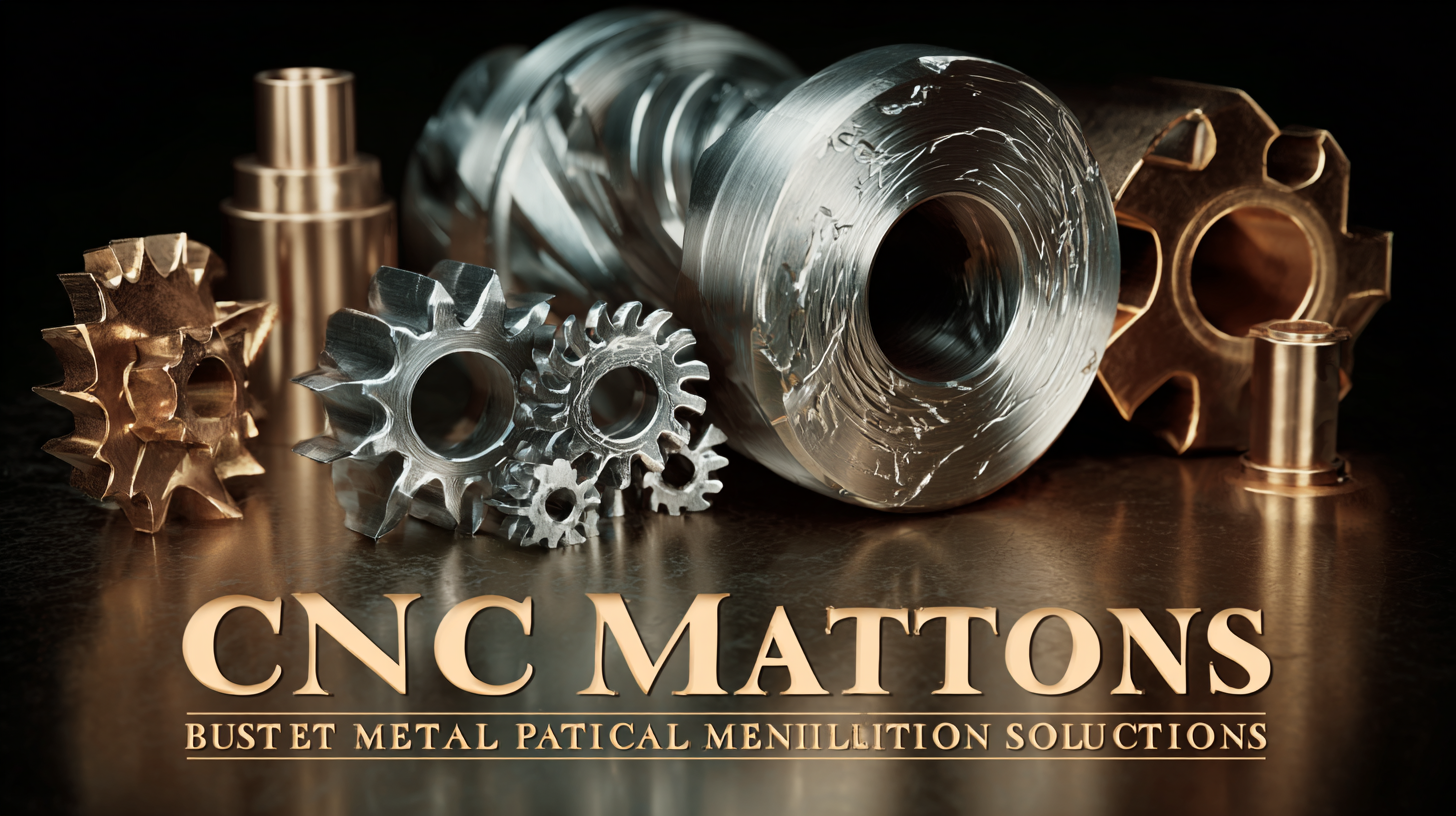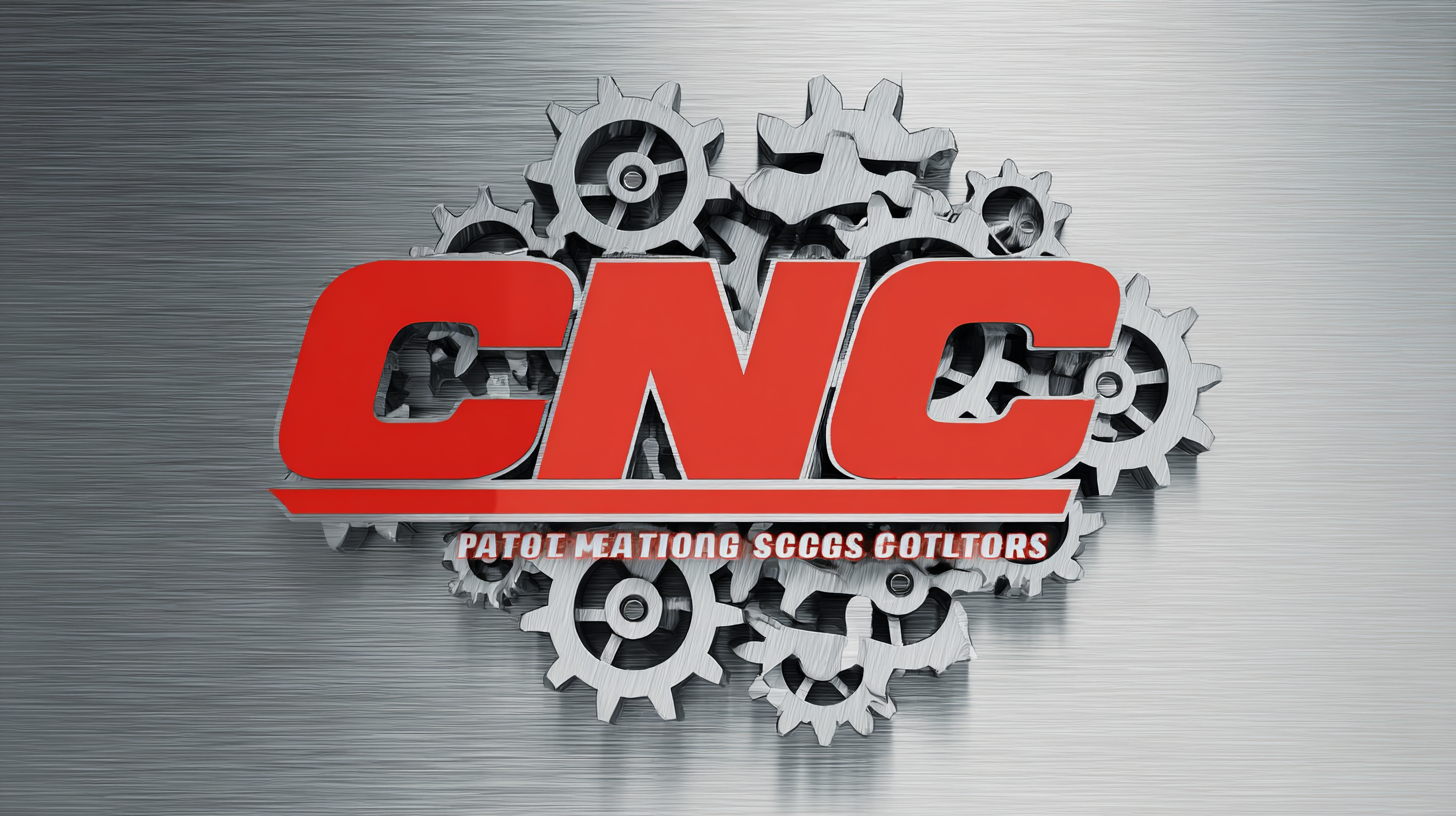20 Best CNC Metal Solutions for Precision Engineering
In the realm of precision engineering, the pivotal role of CNC metal solutions cannot be overstated. As industries continue to evolve, the demand for high-quality, precise metal components has surged, making CNC (Computer Numerical Control) technology increasingly essential. This blog delves into the 20 best CNC metal solutions tailored for precision engineering, showcasing innovative techniques and tools that redefine manufacturing standards. However, as the industry grows, so too does the complexity surrounding import and export certifications, which are crucial for ensuring that products meet stringent regulations and quality benchmarks. By understanding the intricacies of these certifications, companies can not only streamline their production processes but also enhance their competitiveness on a global scale. Join us as we explore these state-of-the-art CNC metal solutions and the certifications that support superior quality and reliability in precision engineering.

Exploring the Top 20 CNC Metal Solutions for Precision Engineering Applications
In the rapidly evolving landscape of precision engineering, CNC metal solutions have emerged as pivotal in enhancing manufacturing efficiency and accuracy. With the global machine tool market experiencing significant growth, driven by advancements in both conventional and CNC technology, industries are increasingly turning to these high-precision solutions to meet their demands. CNC machines offer unparalleled precision in metal cutting and forming, making them essential in sectors such as automotive, general machinery, and aerospace.
Incorporating industrial robotics into CNC operations takes automation to the next level. Robotic arms seamlessly integrate into production lines, executing complex tasks with precision and reliability. Coupled with AGVs, which autonomously navigate workshop environments to transport materials, these technologies eliminate human error and significantly boost productivity.
As the focus on smart manufacturing intensifies, leveraging these advanced CNC metal solutions not only augments operational efficiency but also positions companies at the forefront of innovation in precision engineering applications.
Innovative Technologies Driving CNC Metal Solutions in Modern Engineering
The landscape of precision engineering is being transformed by innovative technologies in CNC metal solutions. According to a recent report from MarketsandMarkets, the global CNC machine market is projected to reach USD 100 billion by 2025, growing at a CAGR of 6.5%. This rapid expansion underscores the growing demand for high-precision machining that CNC technology offers. Modern CNC machines now incorporate advanced automation, making it possible to achieve unparalleled accuracy and production efficiency.
Furthermore, the adoption of Industry 4.0 principles is revolutionizing CNC capabilities. The integration of IoT, machine learning, and real-time data analytics allows for predictive maintenance and optimized workflows, significantly reducing downtime and improving output quality. A study by McKinsey estimates that smart manufacturing technologies, including CNC metal solutions, could boost productivity by up to 30% in certain sectors. These advancements not only enhance operational efficiency but also empower engineers to create complex geometries and intricate designs that were previously challenging or impossible to achieve, thereby pushing the boundaries of what is feasible in precision engineering.
Comparative Analysis: Best CNC Machines for Precision Metal Fabrication
When it comes to precision metal fabrication, the choice of CNC machines plays a pivotal role in ensuring accuracy and efficiency. A comparative analysis of the leading CNC metal solutions reveals significant variations in capabilities, features, and price points. For instance, machines from renowned manufacturers like Haas Automation and DMG Mori stand out not only for their robust construction but also for their advanced control systems that enhance precision machining. These machines incorporate intuitive software that allows for seamless adjustments and fine-tuning, proving beneficial for complex designs and high-tolerance applications.
Additionally, factors such as spindle speed, feed rate, and tooling compatibility are crucial when selecting the right CNC machine. High-speed CNC milling machines like the Makino PS Series can achieve remarkable surface finishes, making them ideal for industries that require meticulous detail. Conversely, heavier-duty CNC lathes, such as those from Okuma, offer superior torque and stability, essential for shaping larger metal components. By analyzing these variables, manufacturers can align their equipment choices with specific project requirements, ultimately enhancing productivity and product quality in precision engineering.

Key Considerations for Choosing the Right CNC Metal Solution for Your Needs
When selecting a CNC metal solution for your precision engineering projects, there are several key considerations to ensure optimal performance and reliability. First and foremost, assess the type of metal you will be working with. Different metals, such as aluminum, stainless steel, or titanium, require specific machining techniques and tools for optimal results. Understanding the properties of your chosen material will guide you in selecting the right CNC machine and tooling.
Additionally, it's crucial to evaluate the level of precision you require for your projects. CNC machines come with varying capabilities in terms of tolerance levels, so align your choice with the specific precision standards needed. Make sure to consider the machine's features, such as spindle speed and feed rate, which can significantly impact the quality of your finished product.
Tips: Always consult with suppliers or experienced machinists about the machine's compatibility with your material and precision needs. Furthermore, if you're working on complex designs, look for CNC solutions that offer advanced software integration to enhance efficiency and accuracy through simulation and optimization features.
20 Best CNC Metal Solutions for Precision Engineering - Key Considerations for Choosing the Right CNC Metal Solution for Your Needs
| CNC Solution Type | Material Compatibility | Precision Level (μm) | Maximum Part Size (mm) | Typical Applications |
|---|---|---|---|---|
| CNC Milling | Aluminum, Steel, Titanium | 5 - 50 | 1000 x 600 | Aerospace, Automotive |
| CNC Turning | Copper, Brass, Plastic | 10 - 30 | 600 | Medical Devices, Electronics |
| CNC Plasma Cutting | Mild Steel, Stainless Steel | 50 - 100 | 3000 x 1500 | Construction, Metal Fabrication |
| CNC Waterjet Cutting | Glass, Ceramics, composites | 0.01 - 0.5 | 4000 x 2000 | Art, Architecture |
| CNC Laser Cutting | Acrylic, Aluminum, Steel | 5 - 60 | 4000 x 2000 | Signage, Automotive Parts |
| CNC EDM | Tool Steel, Carbide | 1 - 20 | 500 x 300 | Mold Making, Aerospace |
| CNC Routing | Wood, Plastic, Foam | 50 - 100 | 2400 x 1200 | Furniture, Sign making |
| CNC Hydroforming | Aluminum, Steel | 20 - 100 | 3000 x 1500 | Automotive, Aerospace |
| CNC Bending | Sheet Metal, Aluminum | 10 - 30 | 3000 | Industrial Components |
| 5-Axis CNC Machining | Aluminum, Steel, Titanium | 5 - 25 | 1000 x 1000 | Medical, Aerospace |
Future Trends in CNC Metal Engineering: What's Next for Precision Solutions
The CNC metal engineering field is on the cusp of significant advancements, particularly as the global CNC machine market is projected to surge from $101.22 billion in 2025 to $195.59 billion by 2032, reflecting a robust compound annual growth rate of 9.9%. This growth is primarily driven by the increasing demand for precision solutions across various industries, which are evolving to meet the rigorous standards required in high-tech applications.

As we move towards the 5G era, traditional manufacturing methods utilized for antenna vibrators, such as sheet metal or die-casting processes, face challenges in meeting the high frequency and precision demands of modern technologies. The 64T64R approach necessitates lightweight materials that can sustain better performance while reducing costs. This transition opens avenues for innovative materials tailored specifically for high-frequency applications in electronics.
Tips for Manufacturers: To stay competitive in this evolving landscape, consider investing in advanced CNC technologies that support lightweight materials. Additionally, collaborating with material scientists can yield insights into suitable materials that meet both performance and cost-effectiveness. Lastly, continual training and upskilling of your workforce will ensure that they are adept at utilizing the latest CNC equipment and methods effectively.















